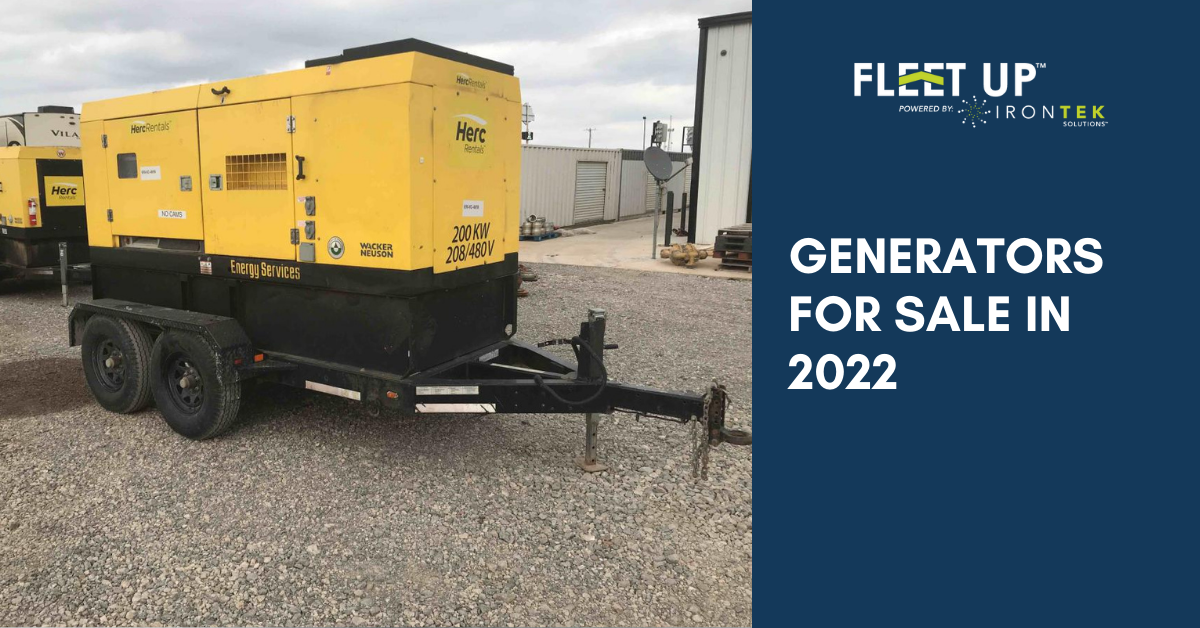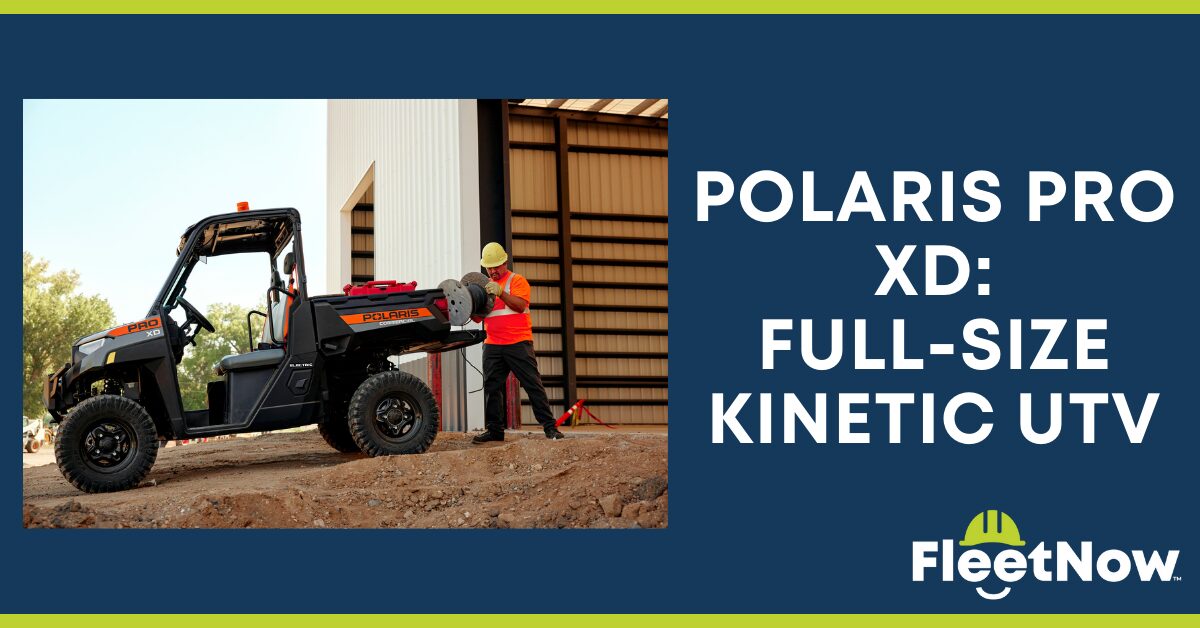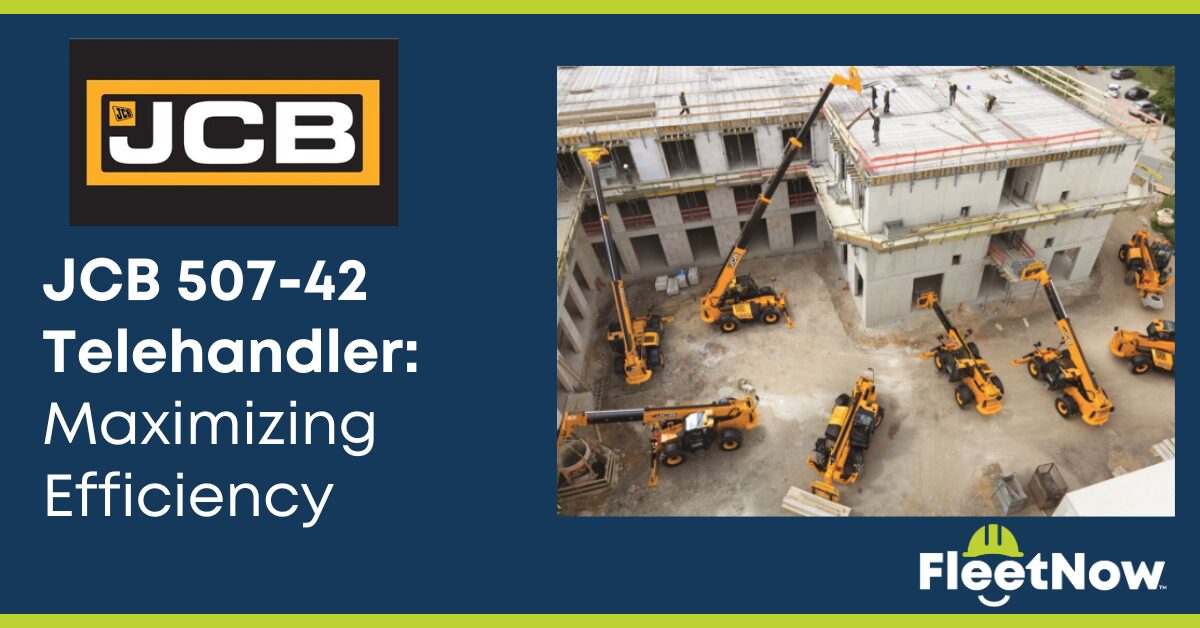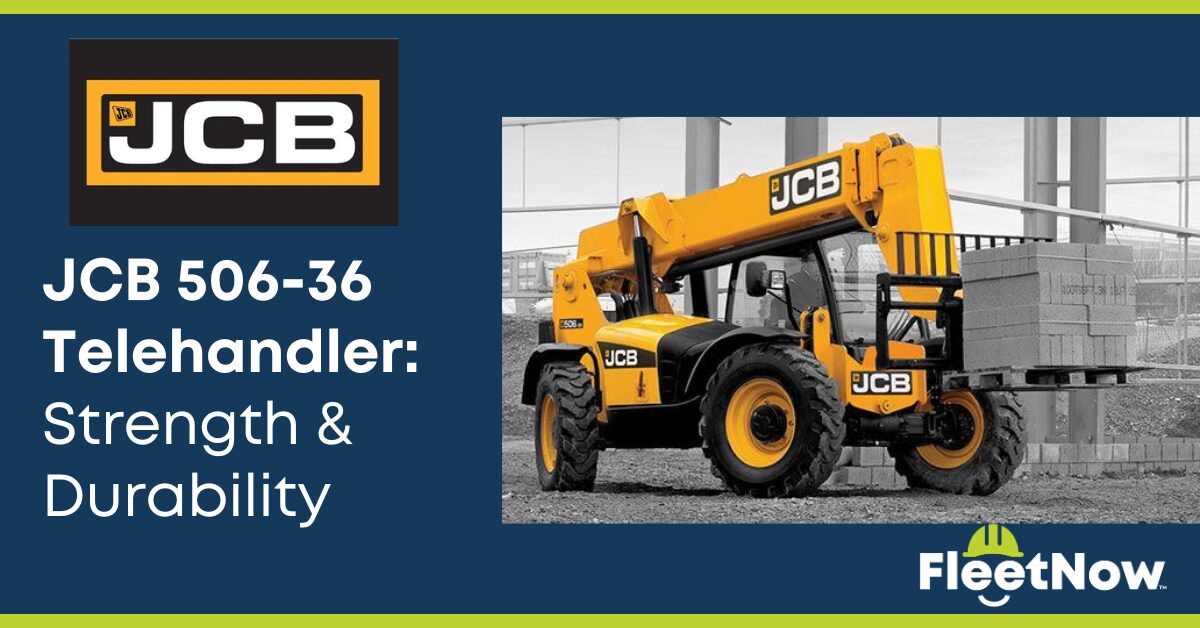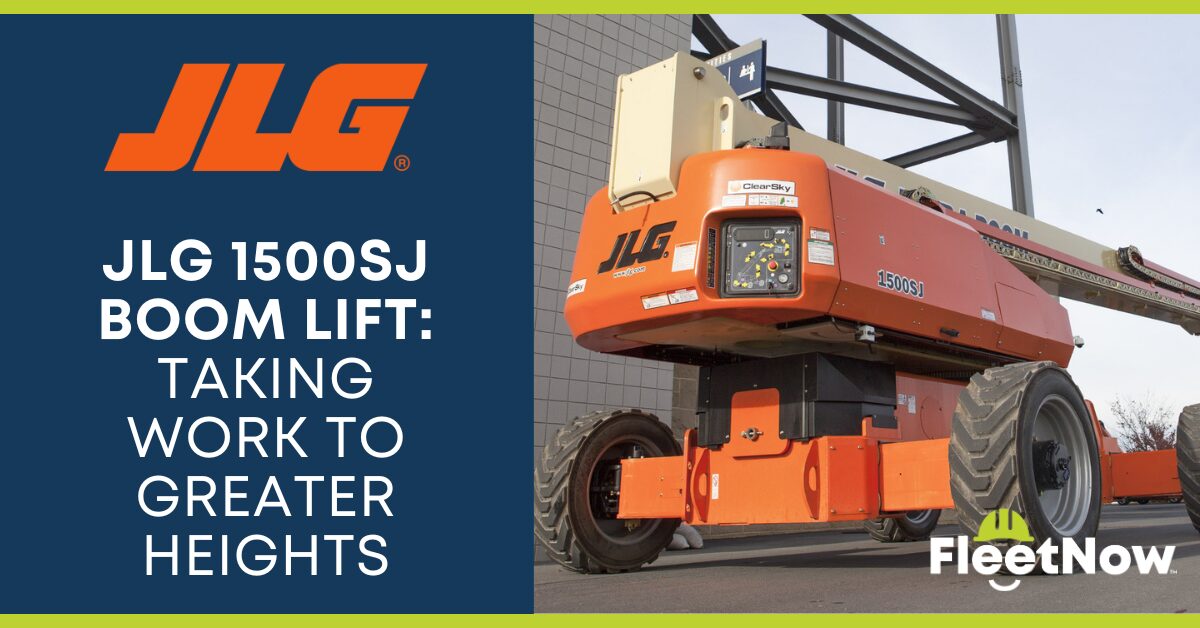Generators can be essential for meeting the power needs of construction projects of all sizes. They can be connected to buildings or taken to remote locations to provide electric power on job sites.
Depending on the project’s needs, generators for sale can be purchased as mobile or stationary units. A diesel generator converts the chemical energy in diesel to electrical energy using a diesel engine and an AC alternator working together. Generators also typically have a fuel tank, control panel, and a radiator.
Watch this video for a demonstration and overview of the Wacker Neuson G150 generator.
Generators can be used either as the main source of power or as a backup source in case of a power failure. Generators have different ratings based on the application including Emergency Standby (ESP) and Limited Time Power (LTP) for standby applications, and Continuous (COP) and Prime Rated power (PRP) when used as a main source of power. Each rating is limited by the number of hours the generator can run and its load factor.
Diesel engine-powered generators can generate more power than a natural gas engine of the same size. Using a diesel model will also help to cut back on maintenance time, as they do not have spark plugs or carburetors. They typically only need preventive maintenance and refueling to keep the generator running. Also, modern versions of diesel generators run quieter than their predecessors.
Generator uses
The power from generators can be supplied to buildings, temporary and permanent, and construction machinery that needs electricity to operate. A few things a generator can provide power to on a construction site include:
- Drop lights and large exterior light poles
- Electric heaters
- Electric power tools
- Industrial fans
- Ventilation equipment
- Trailers for office/break room space
- Cabins or other housing for construction workers out in remote locations
- Large construction machinery that needs an external power source for operation
Generators can be used to power large lighting systems for indoor and outdoor projects that require working at night or underground. If it’s an underground project or in areas without proper ventilation, generators can pump breathable air into the space and reduce stale air and exhaust gases. Generators can also power dehumidifiers and electric space heaters.
How do generators work?
A generator uses diesel to operate a motor. The mechanical energy created by the working motor turns into electricity through the process of electromagnetic induction. When this happens, fuel goes into the generator and comes out as an electrical current that can power construction equipment and tools.
High-powered generators can produce between 200kW and 2,500kW of power, which is great for large construction projects such as new building complexes or large-scale road infrastructure projects. Medium-powered generators produce between 5kW and 200kW. These are better used as a power source when building a single home or smaller roadway project.
Portable generators can provide a range of power levels depending on their size. You may see these at construction sites for new neighborhoods and large multi-story buildings.
Who makes generators?
The most popular manufacturers of generators include Caterpillar, Cummins, HiPower Systems, Taylor Power, Generac, Kohler, Aksa, SDMO, Multiquip, Baldor, Doosan, Wacker Neuson, Atlas Copco.
Other brands include Airman MMD, Armstrong, CP, Detroit Diesel, Frontier, Ingersol, John Deere, Kubota, Lincoln Electric, Magnum, Miller, MMD, MQ Power, MTU, Olympian, SHINDAIWA, Trinity, Triton, and Wacker Neuson.
Generator Makes & Models
Airman MMD: SDG100S, SDG25S, SDG 40, PowerPro65
Atlas Copco: QAS70, QAC 1500 TwinPower, QAS 250 JD, QAS 330 JD, QAS 700 VD, QAS 95 JD, QAS 125 JD, QAS 150 JD, QAS 200 JD, QAS 25 ID, QAS 45 ID
CP: QAS250MDT4F
Cummins: C200 D6R (2014), C200 D6R (2015)
Doosan: G40WMI, G25WMI-2A-FX-T4I, G125WCU-3A-T4I, G70WCU-3A-T4I, G125WCU-3A-T4I, G190WCU-3A-T4F, G570WCU-2B-T4F, G400WCU-3B-T4F, G325WCU-3B-T4F, G240WCU-3B-T4F, G150WCU-3A-T4F
Frontier: KS1400, KS1550, KS900
Generac: 600 KW, SD600, MD600
Ingersol: G290T23
Lincoln Electric: Vantage 300
Magnum: MMG55 (T3), MM55, MMG55, MMG100
Miller: 600 DU-OP
MMD: 40KW, SDG65S8C1, SDG25S8E1,
Multiquip: DCA-70US 3CAN, DCA-25US2C, DCA-25US 4CAN, DCA-70SSU4F, DCA-45SSU4F, DCA-45US 4CAN, DCA-125SSU4I, DCA-300SSU4I, DCA-45UST23
SHINDAIWA: DGK180F, SSG-3070B1
Trinity: 5NGRC6
Wacker Neuson: G25, G240, G120, G70, G150
How many hours will a generator work? (source)
Many diesel generators have a 24-hour tank, but you can also find diesel generators that last 48 or 72 hours.
In terms of lifespan, diesel generators can last for at least 15,000 hours to a maximum of 50,000 hours before needing service.

